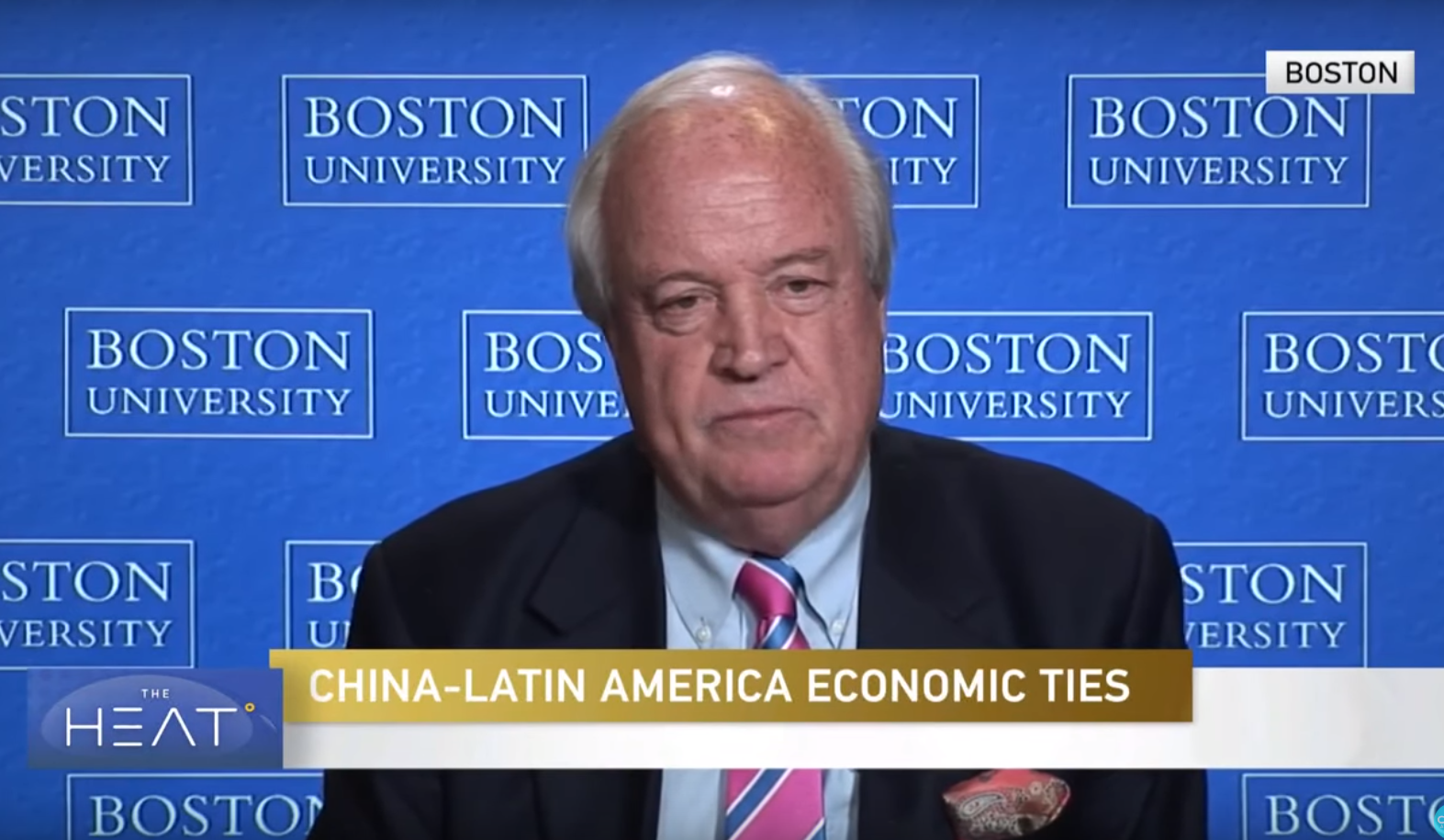Heine Gives Perspective on Global Power Dynamics

Foreign Affairs has recently released several articles discussing the dynamics of global power balance, the future of US hegemony, and the unfolding of great-power competition in the developing world. To follow up on these essays, Foreign Affairs interviewed International Relations specialists on the state of unipolarity in today’s world for their article “Did the Unipolar Movement Ever End?”
Jorge Heine, Research Professor at Boston University’s Frederick S. Pardee School of Global Studies and Interim Director of the Frederick S. Pardee Center for the Study of the Longer-Range Future, was one of these experts that Foreign Affairs reached out to state whether they agreed or disagreed with the proposition and what their confidence levels were in their opinion. Heine strongly disagreed with the statement. He confers that post-Cold War trends include moving away from the unipolar movement to more widespread power distribution and how the rise of other countries has led to a reconfiguration of the international system, where power is no longer uniform but varies across different aspects.
The full article can be read here.
Ambassador Jorge Heine is a Research Professor at the Pardee School of Global Studies at Boston University. He has served as ambassador of Chile to China (2014-2017), to India (2003-2007), and to South Africa (1994-1999), and as a Cabinet Minister in the Chilean Government. Read more about Ambassador Heine on his Pardee School faculty profile.